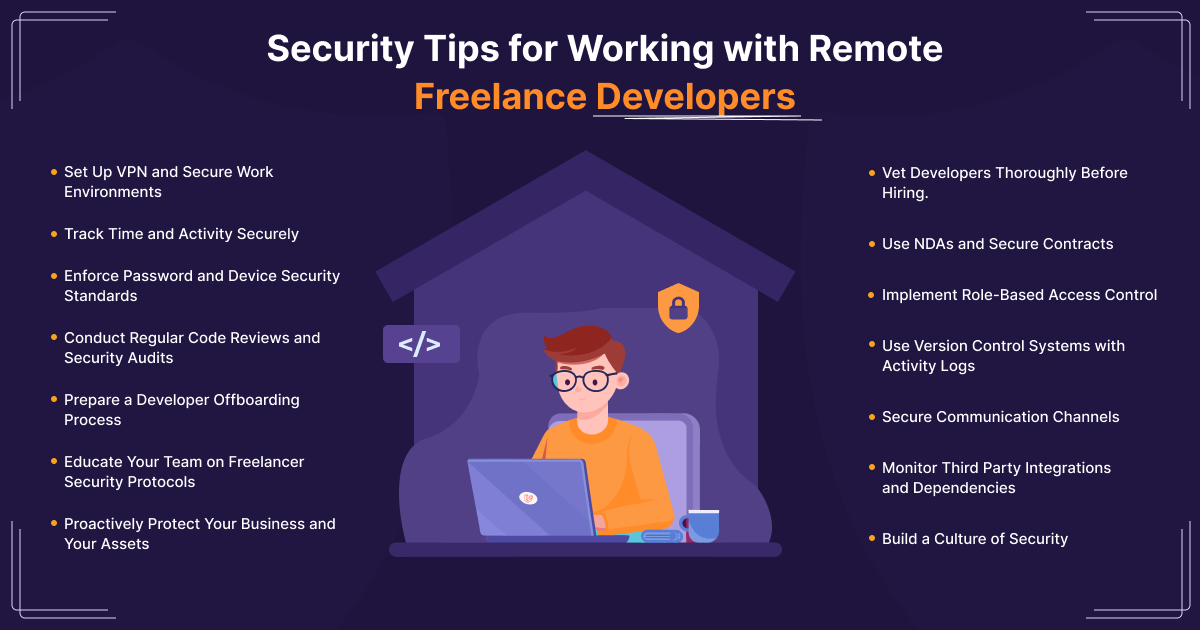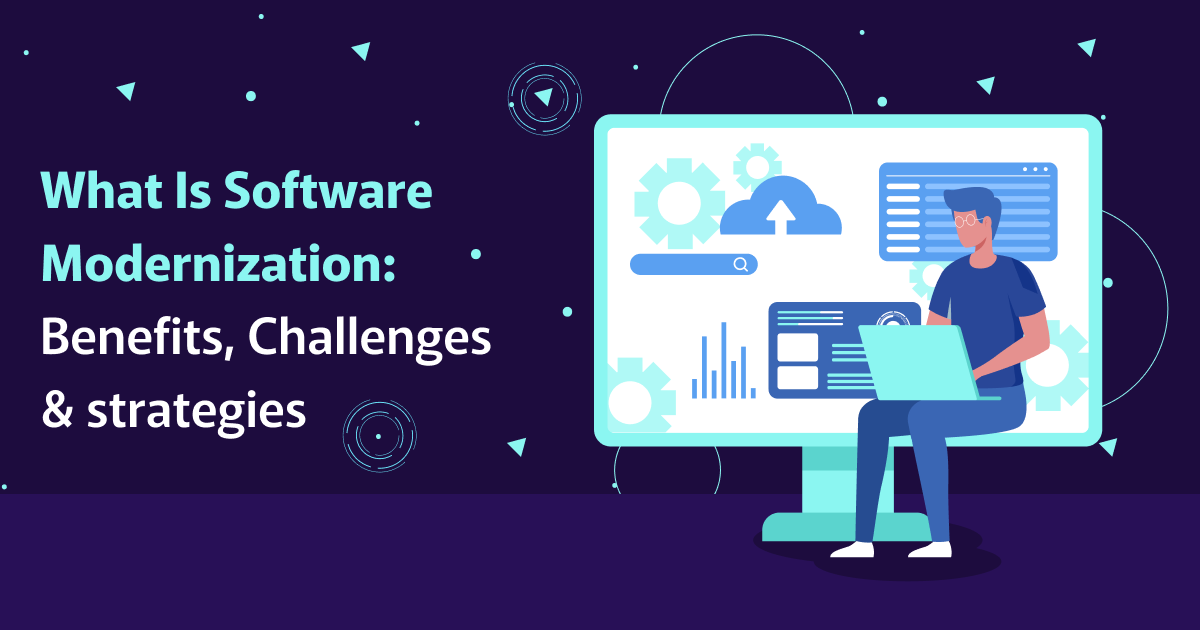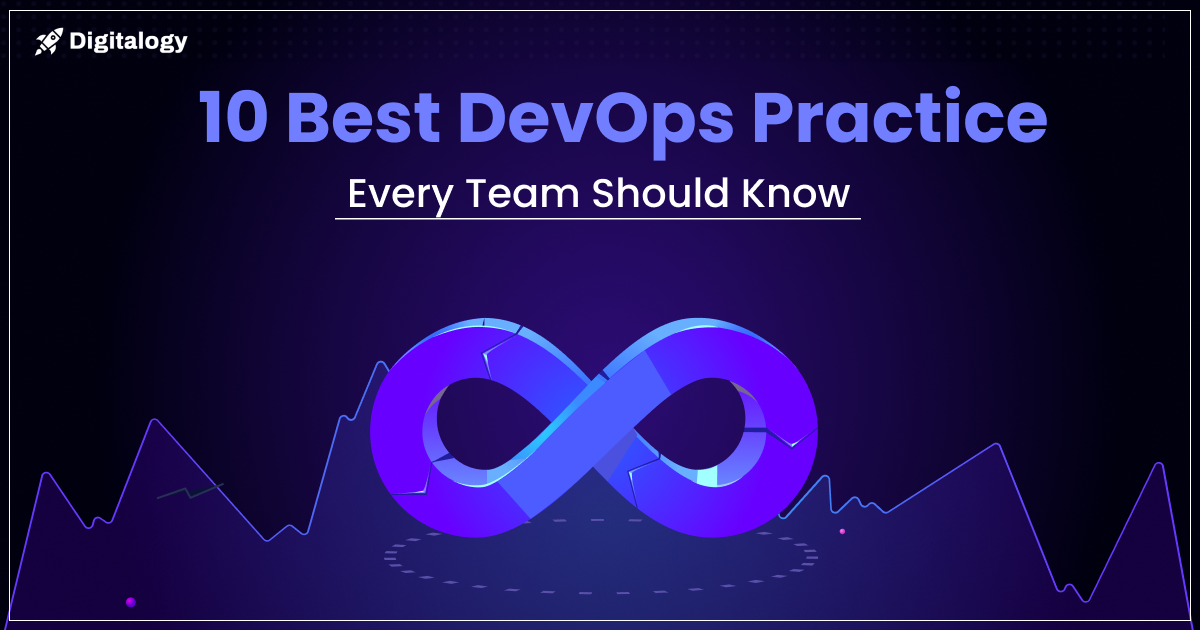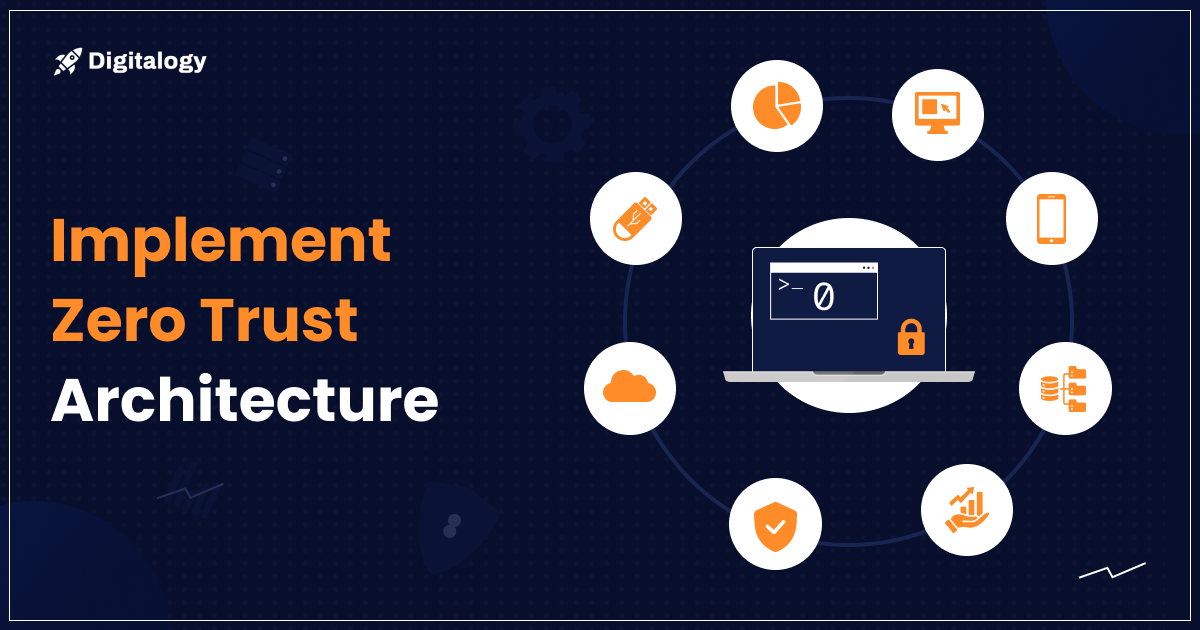The global rise of remote work has opened up vast opportunities for businesses to collaborate with talented freelance developers worldwide. Platforms like Digitalogy have made it easier to find skilled developers and scale teams efficiently. But with this convenience comes a daunting reality—security risks.
Your digital assets, intellectual property, and sensitive customer data can be vulnerable during remote collaborations if the proper measures aren’t in place. The good news? By following strategic security protocols, you can protect your business while reaping the benefits of working with remote freelance developers.
This guide outlines actionable steps to safeguard your project from potential risks while fostering a secure and productive work environment.
1. Vet Developers Thoroughly Before Hiring
Security starts at the hiring phase. To ensure you’re working with trustworthy, capable talent, it’s essential to vet each candidate thoroughly. Review their credentials, check references, and assess their technical abilities through practical tests or assignments. This extra effort helps you build a reliable team and minimizes risks to your company in the long run.
- Use pre-vetted platforms like Digitalogy to find reliable professionals with proven skills.
- Review developer profiles on GitHub profiles or GitLab to assess past contributions, expertise, and coding standards.
- Conduct background checks by contacting references or previous clients to gain insight into a candidate’s reliability.
- Assign trial tasks to evaluate their problem-solving skills and attention to detail.
By thoroughly vetting developers from the start, you set the foundation for secure collaboration.
2. Use NDAs and Secure Contracts
A comprehensive contract is your first legal defense when working with freelance developers. It clearly outlines expectations, deliverables, timelines, and payment terms, helping to prevent misunderstandings and protect both parties in case of disputes.
- Non-Disclosure Agreements (NDAs): Protect sensitive information by ensuring developers legally commit to safeguarding your intellectual property.
- Detailed Contracts: Outline deliverables, ownership of intellectual property (IP), and data security protocols.
- Key Clauses to Include: Specify the scope of work, outline data usage policies, and include penalties for breaches in security.
Having the proper documentation in place minimizes risks and clarifies expectations for all parties.
3. Implement Role-Based Access Control
When developers are provided with access only to the tools and information they need for their specific tasks, your project becomes significantly safer. This approach minimizes the risk of accidental changes, reduces potential security breaches, and ensures sensitive data remains protected. It also fosters a more focused and efficient workflow, allowing developers to concentrate solely on their responsibilities without unnecessary distractions.
- Principle of Least Privilege (PoLP): Provide permissions based on specific roles and responsibilities.
- Use Identity and Access Management (IAM) tools to manage, monitor, and revoke access as needed.
- Reassess permissions periodically to ensure they align with the developer’s current tasks.
Maintaining control over sensitive data prevents unauthorized access or accidental mishandling of critical information.
4. Use Version Control Systems with Activity Logs
Implement secure version control practices to maintain control over your source code and protect it from unauthorized access or accidental changes. By using tools like Git with proper access permissions and encryption, you can ensure your code remains safe while enabling collaboration among your development team.
- Use Git-based repositories like GitHub or GitLab for collaboration.
- Enable two-factor authentication (2FA) to add an extra layer of security.
- Review activity logs and commit changes regularly to monitor for unauthorized edits or security vulnerabilities.
By setting clear boundaries and conducting regular code audits, you protect your project and intellectual property.
5. Secure Communication Channels
Effective communication tools are crucial in enhancing collaboration and productivity, but they can double as security risks if not carefully chosen and managed. Poorly secured platforms may expose sensitive information to breaches, making it essential to prioritize tools with robust security features.
- Use encrypted platforms like Slack Enterprise, Zoom for Business, or Proton Mail for sensitive discussions.
- Avoid public messengers and emails where confidential details could be intercepted.
Encrypted communication tools keep your project discussions private and your data secure.
6. Set Up VPN and Secure Work Environments
Protect your project by effectively managing the development environments your team uses. Ensure consistency, security, and efficiency by controlling the tools, settings, and configurations that developers rely on to do their best work.
- Freelancers must use a virtual private network (VPN) to encrypt internet traffic and mask IP addresses.
- Ensure their systems are equipped with antivirus software and operate within secure environments like AWS Cloud9 or similar remote development tools.
These precautions ensure that sensitive data isn’t compromised over unsecured networks.
7. Track Time and Activity Securely
Maintaining visibility into a freelancer’s activities is essential as it allows you to track their progress, ensure that deadlines are met, and address potential issues before they escalate. This level of oversight helps mitigate risks and ensures the quality of work remains high throughout the project.
- Use tools like Open Time Clock to track hours logged and tasks completed.
- Pair these with project management tools like Trello, Asana, or Jira to monitor workflow.
This approach builds accountability within your team and ensures project milestones are met safely.
8. Enforce Password and Device Security Standards
Weak or shared passwords are a recipe for disaster, leaving your systems vulnerable to breaches and unauthorized access. To protect sensitive information, establish clear policies around creating strong, unique passwords and emphasize the importance of never sharing login credentials. Additionally, guidelines for secure device usage should be implemented, such as enabling two-factor authentication and regularly updating software to reduce security risks.
- Require strong password protocols and enforce two-factor authentication (2FA) for system access.
- Discourage developers from sharing logins or using public devices to handle sensitive data.
- Store essential files on encrypted drives and implement endpoint protection tools for enhanced security.
By prioritizing device and password security, you reduce the likelihood of cyberattacks or data leaks.
9. Conduct Regular Code Reviews and Security Audits
Even the most secure setups can benefit from continuous improvements to stay ahead of evolving threats and adapt to new challenges. Regular updates and enhancements ensure systems remain resilient and reliable over time.
- Regularly review code with tools like Snyk and Veracode to identify vulnerabilities.
- Use third-party services to conduct security audits on your infrastructure and source code.
These proactive measures minimize risk and ensure your project remains secure over time.
10. Prepare a Developer Offboarding Process
Ending collaborations with freelancers securely is just as important as starting them carefully. It ensures both parties leave the partnership on good terms, protects sensitive information, and lays the foundation for future collaborations. Properly wrapping up a project includes clear communication, finalizing payments, and ensuring all deliverables are handed over securely.
- Revoke all access, including passwords, shared drives, and Git repositories.
- Archive communications and contributions for record-keeping and future use.
- Conduct an exit interview to gain additional insights or feedback.
A robust offboarding process ensures your project remains protected after a developer’s contract ends.
11. Educate Your Team on Freelancer Security Protocols
Even the most secure plans can fail without proper execution. To achieve success, ensuring your entire team is aligned and understands the best practices for working with remote freelancers is crucial. Clear communication, setting expectations, and establishing workflows are key to building a collaborative and productive environment, regardless of your team’s location.
- Train team members to recognize phishing attempts and suspicious links.
- Encourage the use of secure file-sharing tools and encrypted communication.
- Outline standard operating procedures (SOPs) for integrating freelancers into projects securely.
A well-educated team is your best defense against human errors that could compromise security.
12. Monitor Third-Party Integrations and Dependencies
With projects increasingly reliant on third-party tools, it’s critical to vet the tools and libraries your developers use thoroughly. This ensures they meet your security, performance, and compatibility standards, reducing potential risks and ensuring smoother project execution. Taking the time to evaluate these resources can save your team from unexpected issues down the line.
- Use tools like NPM Audit or Dependabot to evaluate dependencies for vulnerabilities.
- Secure API keys and avoid hard-coding any sensitive credentials in your source code.
Staying vigilant helps safeguard your project from external threats, which may come through integrations.
13. Build a Culture of Security
Security is most effective when it becomes an integral part of daily habits, seamlessly blending into routines rather than feeling like an external set of rules to follow. When intuitive and natural security practices are more likely to be consistently applied, it reduces risks and creates a safer environment.
- Foster open conversations with freelancers about identifying and reporting risks.
- Offer incentives for freelancers who take proactive measures to improve security or identify loopholes in your system.
A shared commitment to security solidifies trust between your team and your freelance collaborators.
Proactively Protect Your Business and Your Assets
Remote freelance developers are essential for building flexible, scalable teams in today’s business landscape. However, collaboration shouldn’t come at the expense of your digital assets or intellectual property.
By taking proactive measures like vetting candidates via Digitalogy, implementing secure contracts, and fostering a culture of security, you can maximize the benefits of freelance talent while minimizing potential risks.
Want to take the guesswork out of hiring freelance developers? Start your search with Digitalogy. Reliable, pre-vetted talent is just a click away.







